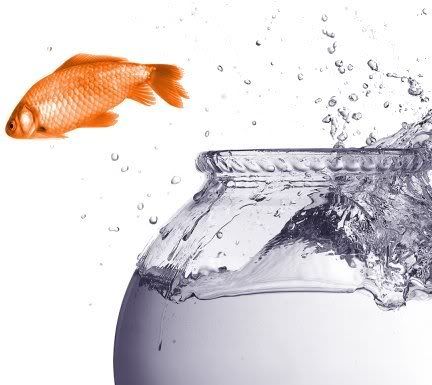Weight-loss drugs may harm developing brain
Weight-loss drugs may harm developing brain: study| Markets News | Reuters
Sanofi-Aventis' weight-loss pill rimonabant, also known as Zimulti and sold under the brand name Acomplia in Europe, is the first in this new class of drugs. A U.S. expert panel rejected it last June because of fears it might trigger suicidal thoughts.
Other drugmakers, including Merck & Co Inc, are working on similar drugs.
A study last month of the drug in obese heart patients found more than 40 percent of patients who took the drug developed psychiatric problems.
But last month the drugmaker Sanofi said it still believes Acomplia can be a winner and reiterated plans to submit the drug worldwide as a treatment for type 2 diabetes in 2009.
I often wondered if there is a relationship between the ballooning autism rate and diet drinks made with aspartame. Dr. Janet Starr Hull wrote a book called Sweet Poison about it.
Also stumbled on this this today:
The federal government's new advice to doctors for helping smokers quit recommends the drug Chantix, which has recently been linked with depression and suicidal behavior.
The new guidelines mention the psychiatric risks but also say the popular Pfizer Inc. (PFE) drug is the most effective at helping people get off cigarettes. The guidelines mention other options, too, and highly recommend combining counseling and medication. But doctors are encouraged to talk to all smokers who want to quit about trying medication...Another issue with the quit-smoking guidelines, released this week by the U.S. Public Health Service, is the lead author's past connections with Pfizer. Dr. Michael Fiore, an expert on smoking and health issues, was a consultant to the maker of Chantix. But he said he cut those ties in 2005.


1 Comments:
Aspartame can certainly cause or trigger some very serious neuropsychiatric disorders, including psychosis, paranoia, epilepsy and vertigo.
The professional body for private pilots issued a safety warning to its members, advising them not to consume aspartame in the hours leading up to a flight.
Neither is aspartame a stable substance. It breaks down over time, particularly at temperature.
This is why we should never drink out-of-date soda, nor soda that has been left in the sun. It is also why aspartame is not recommended for use in baked recipes.
Aspartame has three toxic metabolites, aspartic acid, phenylalanine, and methanol.
Aspartic acid is an excito-toxin which causes brain damage in the same way that glutamate in MSG causes it - the "excite" the nerve pathways to death.
The second metabolite of aspartame, phenylalanine also causes brain damage in those with a homozygous PKU gene.
Methanol too causes serious damage to the body, breaking down to formaldehyde. This is the preservative which was used to illegally embalm the body of Princess Diana.
Methanol causes damage to the optic nerve and this can lead to permanent blindness.
Paradoxically, aspartame which is touted as a dietary aid, can actually cause metabolic disorders and these commonly lead to morbid obesity, diabetes, and eventually death.
I remember discussing aspartame back in the early 1990s with a Pharma-funded grunt.
He claimed aspartame was a "revolution" in the fight against dental caries. "An amazing alternative to sugar", he said.
My argument back then, as it is now, is that there is always third way:
Au naturalle : no sugar and no sweeteners, just as God intended.
These days, the pharma-industry acknowledges, albeit privately, that aspartame is synonymous to brain-damage and death. Aspartame is a tainted product. The wise avoid it at all cost.
And so the industry sought out a replacement cash-cow, a new and "even safer" sweetener to foist on the hapless consumers, or as Stalin called us, "the useless eaters".
In 2002, Tate&Lyle, the Brit-based food giant, launched sucralose.
The marketing men from Tate&Lyle (which incidentally was once a slave-trading company), push the line that sucralose is perfectly safe since it is "made from sugar".
Actually, to make sucralose, the lab scientists took natural sugar (sucrose) and against the laws of nature, replaced three of the hydroxyl ions with chlorine atoms.
Is that "safe"? Only time will tell.
I have since read studies presented to the European food safety agency which reveal that sucralose is a known carcinogen.
Notably, sucralose was shown to cause testicular cancer in the rodent safety studies.
Astonishingly, Tate&Lyle doesn't deny this. Instead the company claims that the levels of sucralose ordinarily consumed by humans will not cause the cancers seen in the safety trials.
Once again, only time will tell.
Thank you for your time.
Bon appetit!
Post a Comment
<< Home